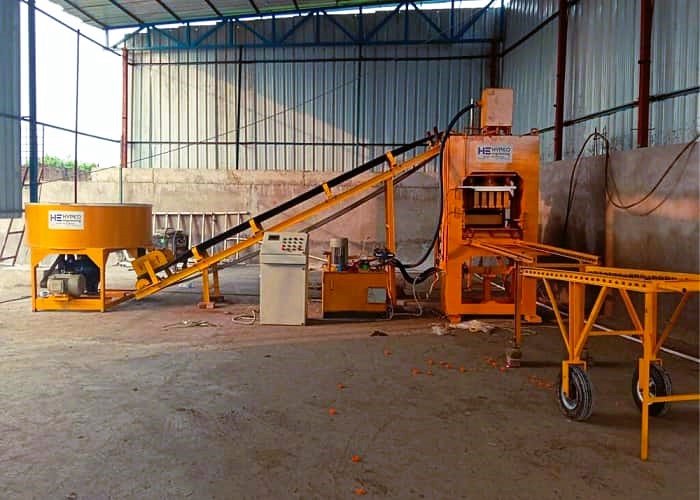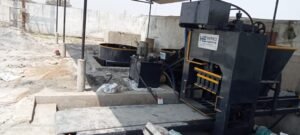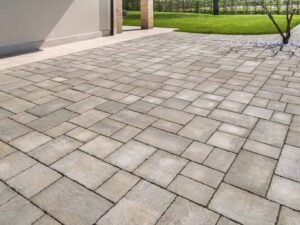Brick making machines are essential equipment for construction companies, contractors, and builders. These machines are designed to produce bricks of different shapes and sizes, from raw materials such as clay, cement, fly ash, and sand. They are widely used in the construction of residential and commercial buildings, as well as in the construction of infrastructure such as roads, bridges, and dams.
If you are in the construction business, investing in a brick making machine can be a wise decision that can save you time and money in the long run. But before making a purchase, there are several factors you need to consider, such as the type of machine, production capacity, and cost.
Types of Brick Making Machines:
There are various types of brick making machines available in the market, each designed for a specific purpose. Some of the most common types include:
Manual Brick Making Machine:
This is a basic machine that requires manual operation, either by hand or with the use of a lever. It is suitable for small-scale production and produces a limited number of bricks per day.
Semi-Automatic Brick Making Machine:
This machine combines manual and automatic operation. It requires minimal human intervention, but still requires an operator to feed raw materials into the machine.
Fully Automatic Brick Making Machine:
This machine is fully automated and requires no human intervention. It has a higher production capacity and can produce a large number of bricks per day.
Production Capacity
The production capacity of a brick making machine is an essential factor to consider when making a purchase decision. The capacity is determined by the number of bricks that can be produced per hour or per day. It is important to choose a machine with a capacity that meets your production needs. If you require a high production rate, a fully automatic machine may be the best choice. However, if you need a smaller production rate, a manual or semi-automatic machine may suffice.
Cost
The cost of a brick making machine varies depending on the type, size, and production capacity. A manual machine is usually cheaper than a fully automatic machine, but it requires more manual labor, which can increase production costs in the long run. It is important to consider the overall cost of the machine, including maintenance, repair, and operation costs, when making a purchase decision.
Advantages of Brick Making Machines
There are several advantages of using brick making machines for construction projects, including:
Increased Production Efficiency – Brick making machines can produce a large number of bricks in a short amount of time, which can increase production efficiency and reduce construction time.
Consistent Quality – Brick making machines are designed to produce bricks of consistent size and shape, which can ensure the quality of the finished product.
Cost Savings – Investing in a brick making machine can save you money in the long run by reducing labor costs and increasing production efficiency.
Environmentally Friendly – Brick making machines can use a variety of raw materials, including recycled materials such as fly ash, which can reduce waste and promote sustainability
Conclusion
Brick making machines are essential equipment for construction projects, and investing in a machine can provide several advantages, including increased production efficiency, consistent quality, cost savings, and sustainability. When choosing a machine, it is important to consider factors such as the type, production capacity, and cost to ensure that the machine meets your production needs and budget. With the right machine, you can produce high-quality bricks that can help you build durable and sustainable structures.




